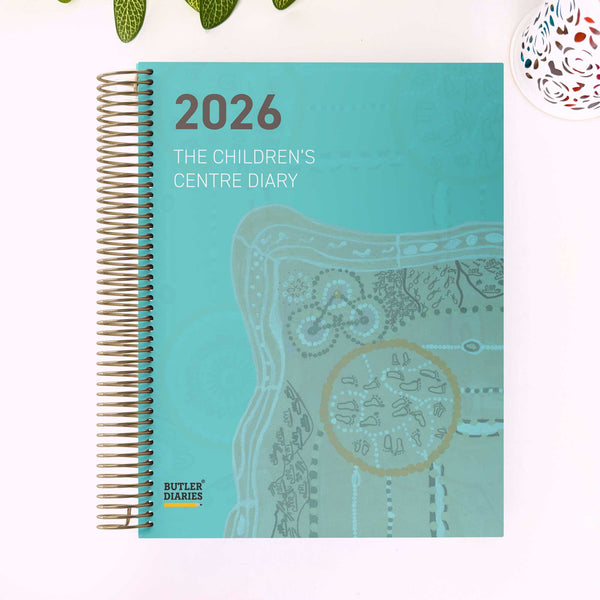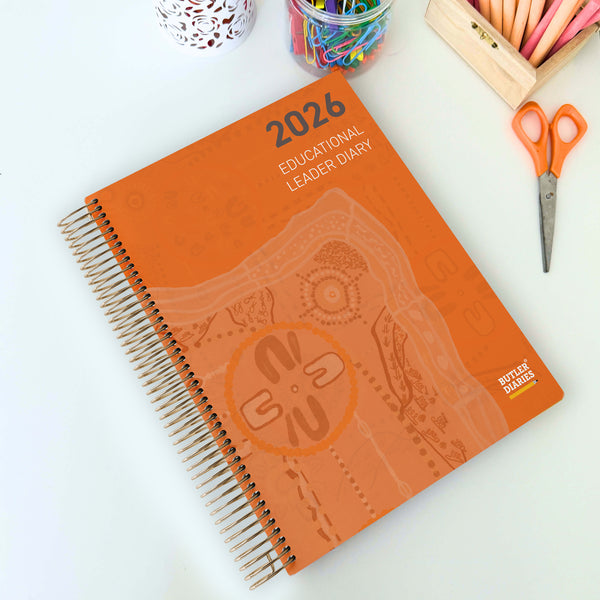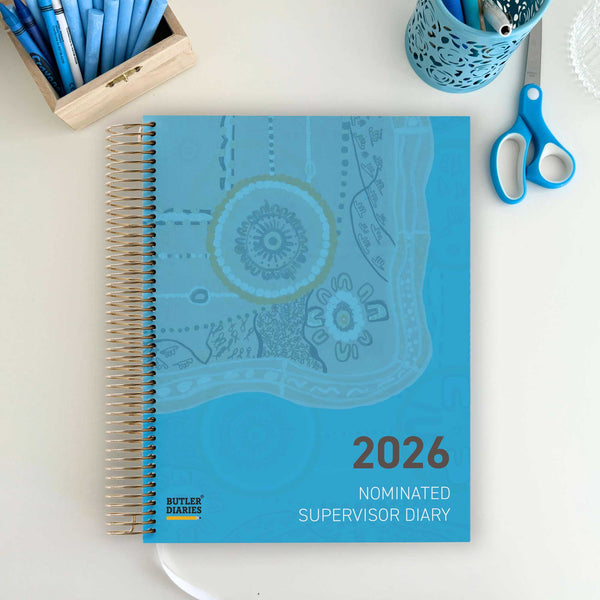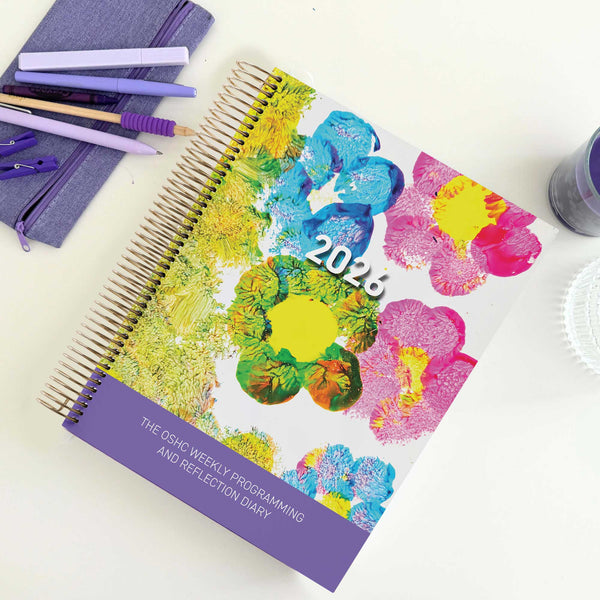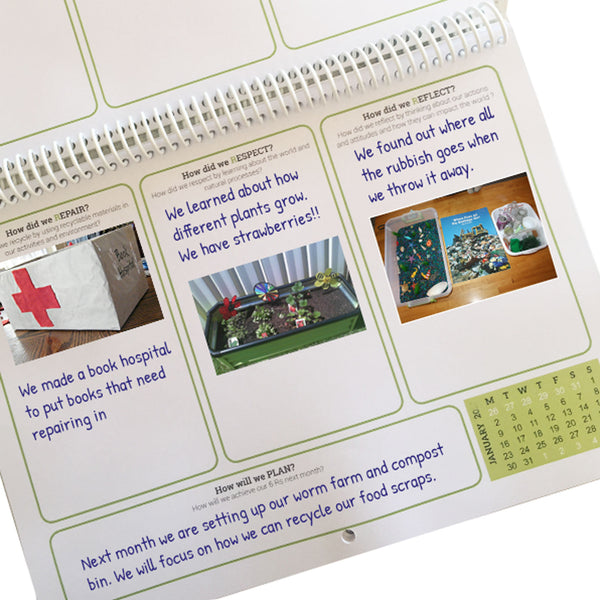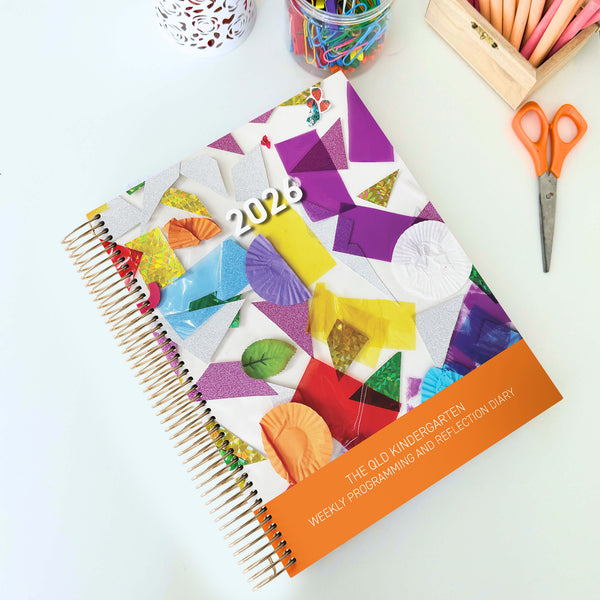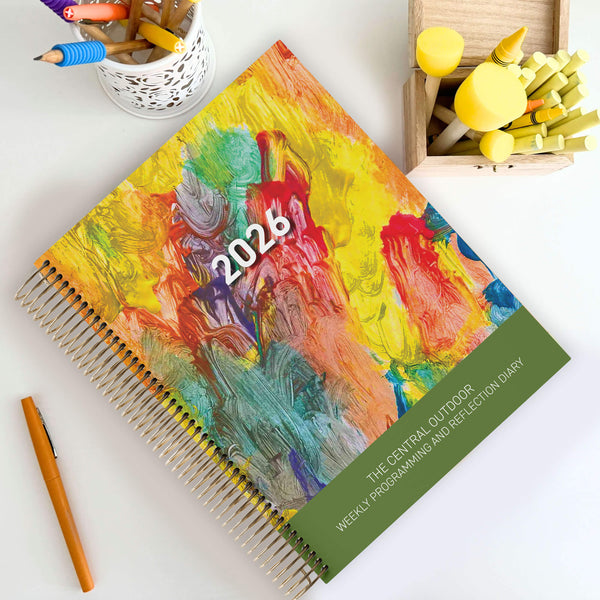Financial Year Diaries
Are you looking for 2023/2024 Financial Year Diaries? We’ve got some big news for you!
We have listened to feedback and are happy to announce you can expect something new and better in 2024!
What does that mean for 2023/2024 Financial Year Diaries?
This means all Diaries will move to the Calendar Year from January to December and we will no longer offer Financial Year Diaries.
Don’t panic, we’ve got you covered!
We are offering 6-month Diaries for July to December 2023 for all Financial Year customers AND we are offering it at a fantastic discount to help you transition.
Another perk!
You will be the first to try the new layouts! The 6-month Diaries feature the new and improved internal layout that 2024 Diaries will have. This is just a taste of what’s to come in 2024!
Are you ready to grab your 6-month Diary?
-
6-Month 2023 Weekly Programming and Reflection Child Educator Diary
-
6-Month 2023 Tradie Diary for All Trades
Or are you curious about the benefits of using Calendar Year over Financial Year?
Here are the benefits for our Childcare customers followed by the benefits for our Tradie customers.
The benefits of Calendar Year for our Childcare Customers are:
-
Consistency: Most centres and schools run on the calendar year from January to December. Using the Calendar Year Diary will provide greater consistency when collaborating with educators and schools, providing a smoother transition for children. This aligns with NQS 6.2.1: Transitions.
-
Planning and Goal Setting: The calendar year naturally provides a clear start and end point, making it convenient for setting annual goals and planning long-term for the children in your care. It allows you to break down your objectives into monthly, quarterly, and yearly goals, facilitating better outcomes for children. This aligns with NQS 1.3.1: Assessment and Planning Cycle.
-
Assessment and Rating: One big focus of A&R is showing the cycle of planning for the children in your care. A Calendar Year Diary keeps your ongoing cycle for that year’s children organised and all in the one place, keeping evidence for A&R all in the same place. It also makes linking with our existing record-keeping tools such as The Childcare Centre Diary, Educational Leader Diary, and Nominated Supervisor Diary easier as they also use the Calendar Year. This also aligns with NQS 1.3.1: Assessment and Planning Cycle and works toward exceeding Theme 1: Embedded in Service Operations.
Childcare Customers can grab their discounted 6-Month Diary that includes V2.0 Frameworks here:

The benefits of Calendar Year for our Tradie Customers are:
-
Alignment with Personal Life: Most people's personal lives and events follow the calendar year format. The Calendar Year Diary allows you to seamlessly integrate personal events, holidays, birthdays, and anniversaries with your professional schedule, making it easier to plan and manage your time effectively.
-
Consistency and Familiarity: The calendar year is the standard and widely recognised time frame used by most individuals. We all consider December and the Christmas period as the time to wrap jobs up for the year. The Calendar Year Diary focuses on the year ahead and helps you close off your jobs in December. Using a Calendar Year Diary ensures consistency and familiarity when communicating and scheduling with others.
- Transition Simplicity: Switching to a Calendar Year Diary can be less disruptive since it aligns with the natural progression of time. You don't have to adjust your routine or update systems midway through a financial year while jobs are still in progress, which can save time and minimise potential errors.
An extra note for Tradies:
We made sure to make the best tool in the Tradies’ Toolbox even better!
All the Tradie Diaries have now merged to become 'The Tradie Diary,' suitable for all Trades. We have brought together all the best tools from each Diary and created the ultimate Tradie Tool.
The Tradie Diary is now suitable for all our existing Tradies; Carpenters, Construction Managers, Plumbers, Supervisors, Landscapers, Electricians, Floorers, Project Engineers, Scaffolders, Fencers, Painter & Decorators, Concreters, Pipelayers, Tilers, Plasterers, Riggers, and Bricklayers.
As well as all the other Australian and New Zealand Tradies!
All Tradies can grab their Diary here:
- 6-Month 2023 Tradie Diary for All Trades










